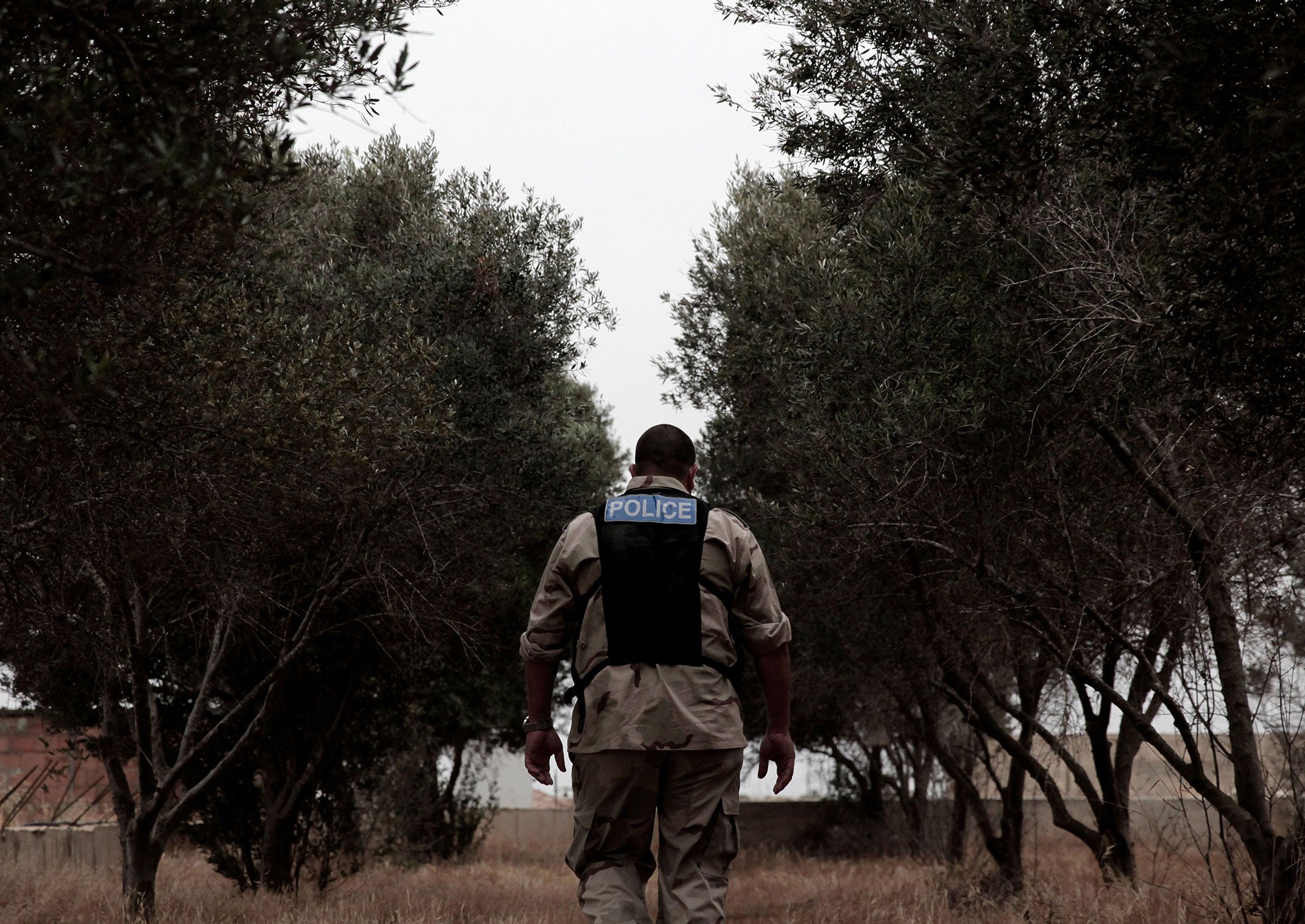Nature Studies: Why is Britain turning a blind eye to the mass slaughter of songbirds?
As many as 78 threatened bird species have been victims of illegal trapping on British-owned soil

Your support helps us to tell the story
From reproductive rights to climate change to Big Tech, The Independent is on the ground when the story is developing. Whether it's investigating the financials of Elon Musk's pro-Trump PAC or producing our latest documentary, 'The A Word', which shines a light on the American women fighting for reproductive rights, we know how important it is to parse out the facts from the messaging.
At such a critical moment in US history, we need reporters on the ground. Your donation allows us to keep sending journalists to speak to both sides of the story.
The Independent is trusted by Americans across the entire political spectrum. And unlike many other quality news outlets, we choose not to lock Americans out of our reporting and analysis with paywalls. We believe quality journalism should be available to everyone, paid for by those who can afford it.
Your support makes all the difference.Would you be surprised to learn that what is probably the biggest bird-trapping operation in the world – catching annually in bird-lime and in nets hundreds of thousands of small songbirds, which then have their throats cut – takes place on British soil?
I have to say I was surprised myself when I realised the full extent of the illegal bird-trapping which is going on in the British Sovereign Base Areas of Cyprus. The Mediterranean island was formerly a British possession, but when it gained independence in 1960, the UK insisted on retaining two substantial parts of the island, Dhekelia and Akrotiri, 100 square miles in extent, for use as military bases; they remain British territory to this day. And they are the location for a wildlife slaughter of unparalleled scale.
I wrote here last week about the extensive Japanese dolphin killing in the port of Taiji, saying that it was a shaming indictment of Japan for not ending practices that were barbaric and had no place in a civilised world. But while Britain permits what is happening on Cyprus, it is no better.
Trapping birds for the pot has long been a Cypriot tradition: the victims are known as ambelopoulia, vineyards birds, and they were caught on limed sticks with techniques that went back hundreds of years. The favourites were two small warblers, the blackcap and the lesser whitethroat, plus the robin, but as many as 152 species have been involved, 78 of them being threatened, according to BirdLife, the international partnership of bird conservation groups.
The trapping was not of conservation concern in the past when it was a backyard business and the birds were much more numerous anyway: but things have drastically changed. In recent years, trapping has been outlawed, with the laws against it being tightened when Cyprus joined the EU in 2004; but at the same time, it has exploded. Now it is carried out by criminal gangs on an industrial scale, with large mist-nets rather than limed sticks, using bird-song recordings broadcast through loudspeakers as a lure; and it is being concentrated above all in the British Sovereign Base Areas, which are patrolled by their own British police force.
The temptation is the huge prices that (illegal) ambelopoulia now fetch in certain restaurants – people are prepared to pay as much as €80 (£61) for a plate of under-the-counter warblers, meaning bird-trappers can earn €50,000 a year. The numbers involved are staggering. BirdLife, the international partnership of bird conservation groups, estimates that between 2.5 and 3 million songbirds are now annually trapped across the island as a whole, with the greatest number on the UK bases, especially Dhekelia, where hundreds of thousands are believed to be caught.
But there is a further twist. These are not local, Cypriot breeding birds. They are migrants, using the islands as a stopping place on their annual journeys between Europe where they breed and Africa where they winter; and the two main trapping seasons are timed to coincide with their migrations in spring and autumn. So anything up to three million songbirds from all over Europe, which increasingly today face other threats, are being taken out each year by the trapping in Cyprus, the worst of which is done on British-controlled land.
If you think this sounds far-fetched, a vivid new documentary on the issue has just been produced by the website MUNCHIES, as part of a series of films called The Politics of Food, looking at different aspects of food. Entitled The Cypriot Songbird Massacre, the 26-minute film is available on YouTube, and its young presenter, Ben Ferguson, talks to all those concerned, from conservationists and local people to a senior policeman and even to a trapper, who is filmed in the act of catching the birds.
The film raises the awkward question of whether the British police of the Sovereign Base Areas are, essentially, letting this happen. The police deny it; BirdLife Cyprus thinks it is the case. Certainly, the stakes are increasing; before last year’s spring migration season, the Prince of Wales wrote an angry personal letter to the British army commander on Cyprus, demanding a crackdown on the slaughter.
Shortly afterwards, a trapper was prosecuted and jailed on the Base Areas for the first time. However, the Royal Society for the Protection of Birds says it is checking figures which will show 2014 was the worst year ever. “It is truly shameful that hundreds of thousands of birds are dying on the British Sovereign Base Areas, with the full knowledge of the military and the Base Area Police,” said RSPB spokesman, Graham Madge. “It is high time the British Government started taking the actions that will bring all this to an end.”
Join our commenting forum
Join thought-provoking conversations, follow other Independent readers and see their replies
Comments